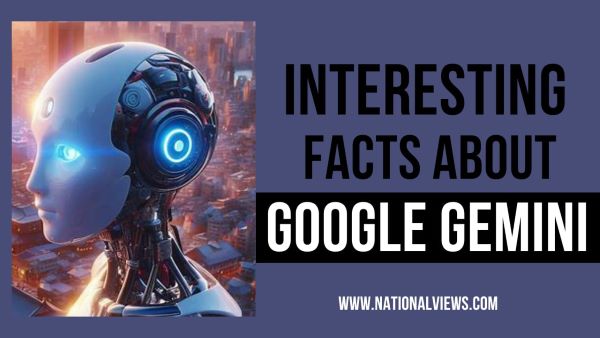After the internet went gaga about OpenAI’s Q* (pronounced Q star), Google released it’s own AI model Google Gemini. Let’s check out all about Gemini and whether it is really a ChatGPT Competitor or not.
What is Google Gemini?
Google Gemini is an advanced artificial intelligence model crafted by Google, designed not only to comprehend text but also to interpret images, videos, and audio. Described as a multimodal model, Gemini showcases its capability in tackling complex tasks related to math, physics, and diverse fields. Additionally, it can understand and generate high-quality code in various programming languages.
Currently, you can experience Gemini through its integration with Google Bard and the Google Pixel 8. It is anticipated to seamlessly integrate into other Google services gradually.
Dennis Hassabis, CEO and co-founder of Google DeepMind, mentions, “Gemini is the result of large-scale collaborative efforts by teams across Google, including our colleagues at Google Research.”
Built from the ground up to be multimodal, Gemini can seamlessly understand, operate across, and combine different types of information, including text, code, audio, image, and video.
Who developed Gemini?
Google and Alphabet, Google’s parent company, collaborated to create Gemini. Significant contributions to Gemini’s development were made by Google DeepMind.
Are there different versions of Gemini?
Indeed, Gemini is a flexible model capable of running on a variety of platforms, from Google’s data centers to mobile devices. To achieve this scalability, Gemini is released in three sizes: Gemini Nano, Gemini Pro, and Gemini Ultra.
- Gemini Nano: Designed for smartphones, specifically the Google Pixel 8, Gemini Nano efficiently handles on-device tasks without connecting to external servers.
- Gemini Pro: Running on Google’s data centers, Gemini Pro powers the latest AI chatbot, Bard, providing fast response times and understanding complex queries.
- Gemini Ultra: Though not widely available yet, Gemini Ultra is described as Google’s most capable model, designed for highly complex tasks. It is set to be released after completing its testing phase.
How can you use Gemini?
Gemini is currently accessible on Google products in its Nano and Pro sizes, such as the Pixel 8 phone and Bard chatbot. Google plans to integrate Gemini into services like Search, Ads, Chrome, and more.
Developers and enterprise customers can access Gemini Pro via the Gemini API in Google’s AI Studio and Google Cloud Vertex AI starting on December 13. Android developers will have early preview access to Gemini Nano via AICore.
So, if you are using Google Pixel 8 Pro, it makes your phone smartest and greatest.
How is Google Gemini different from other AI models, like GPT-4?
Google’s Gemini model is positioned as one of the largest and most advanced AI models to date. However, the release of the Ultra model will confirm this. Compared to other models like GPT-4, which rely on plugins for multimodality, Gemini stands out for its native multimodal characteristic. It excels in performing tasks involving text, images, audio, and video without additional integrations.
Gemini’s focus on integration into Google’s ecosystem sets it apart, being product-focused and powering devices like Bard and Pixel 8. In contrast, other models like GPT-4 and Meta’s Llama are more service-oriented and available for various third-party developers for applications, tools, and services.
Is It Reliable, Scalable and Efficient?
Gemini 1.0 is currently undergoing extensive training at scale on Google’s AI-optimized infrastructure, utilizing the in-house designed Tensor Processing Units (TPUs) v4 and v5e. It is meticulously crafted to stand as their most reliable and scalable model for training and the most efficient for serving.
When operating on TPUs, Gemini exhibits significantly enhanced speed compared to earlier, smaller models with less capability. These specially designed AI accelerators are integral to the functionality of Google’s AI-powered products, serving billions of users across platforms such as Search, YouTube, Gmail, Google Maps, Google Play, and Android. Furthermore, they empower global companies to train large-scale AI models in a cost-efficient manner.
In the latest announcement, Google introduces Cloud TPU v5p, recognized as the most powerful, efficient, and scalable TPU system to date. Specifically designed for training cutting-edge AI models, this next-generation TPU is poised to accelerate Gemini’s development. It aims to assist developers and enterprise customers in training large-scale generative AI models more swiftly, enabling the expedited delivery of new products and capabilities to end-users.


